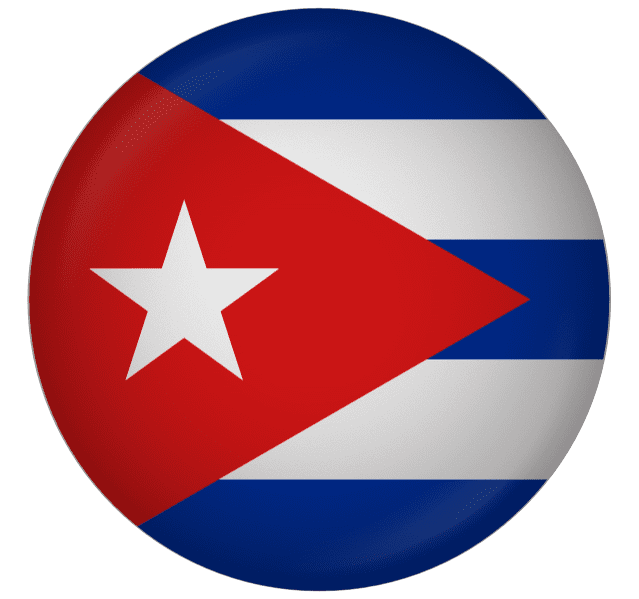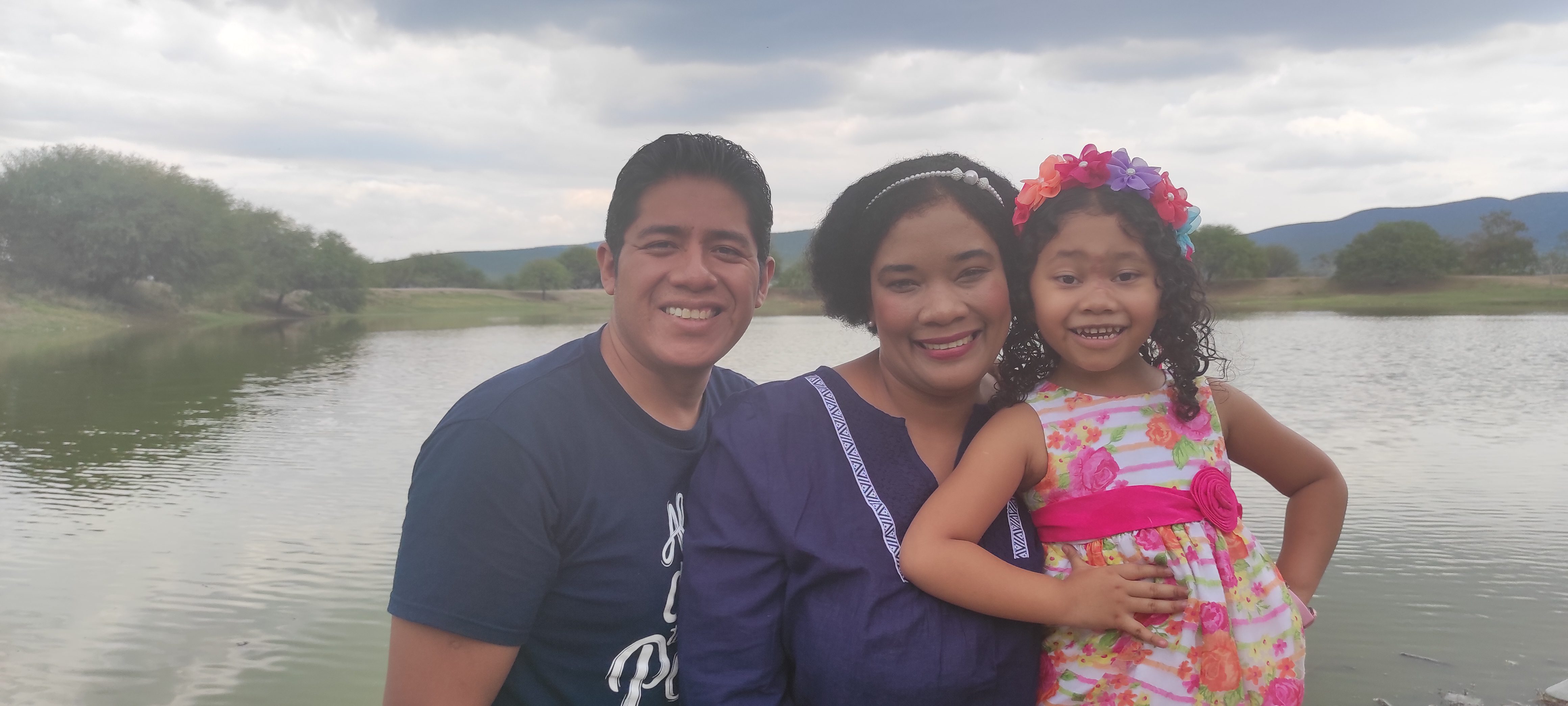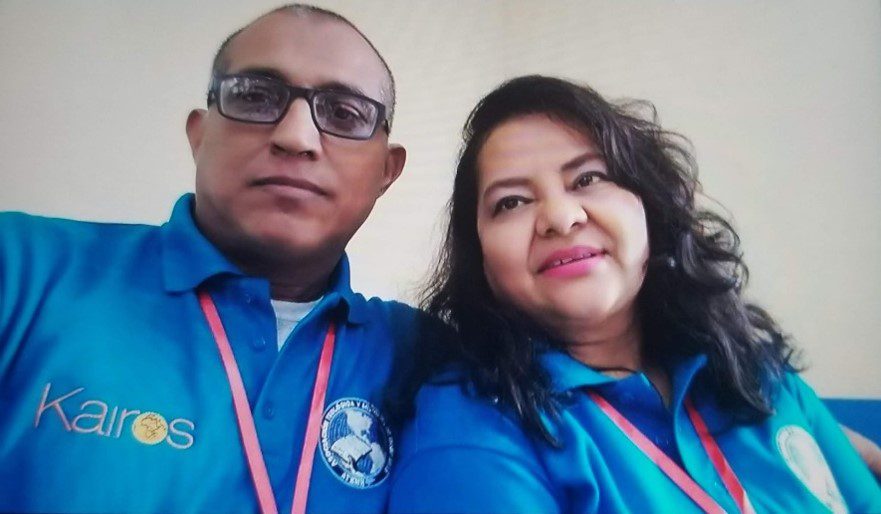Cuba has gone through several different political-administrative frameworks during its history. However, after adopting a new Constitution in 1976, the country adopted a completely renewed political-administrative division, which structured the geographic space of the Cuban archipelago into 14 provinces and one special municipality: the Isle of Youth. This new political-administrative division was one of the most significant changes to take place in the country since its inception. In turn, the provinces were broken up into municipalities, with 169 latter entities being created.
In 2007, Cuba was one of the first countries to join the United Nations Human Rights Council, and in 2010, it was chosen for the council’s vice president position. On the other hand, the failure to respect and preserve some of the human rights that were stated with the signing of these agreements was criticized, primarily between the years of 2003 and 2012, by international organizations and Cuban dissidents.
When it comes to the protection of the right to free speech, at least since the year 1970, there has not been a single journalist in Cuba who has been killed or vanished as a direct result of practicing their profession. This is a remarkable fact when one considers the serious problem that this issue has represented for most Latin American countries. Furthermore, because of Cuba’s policy of giving children priority attention, the government has eliminated the problem of children living on the streets. This is an unprecedented achievement in Latin America, where millions of children are still subjected to deprivation, exploitation, and forced labor in networks of prostitution.





